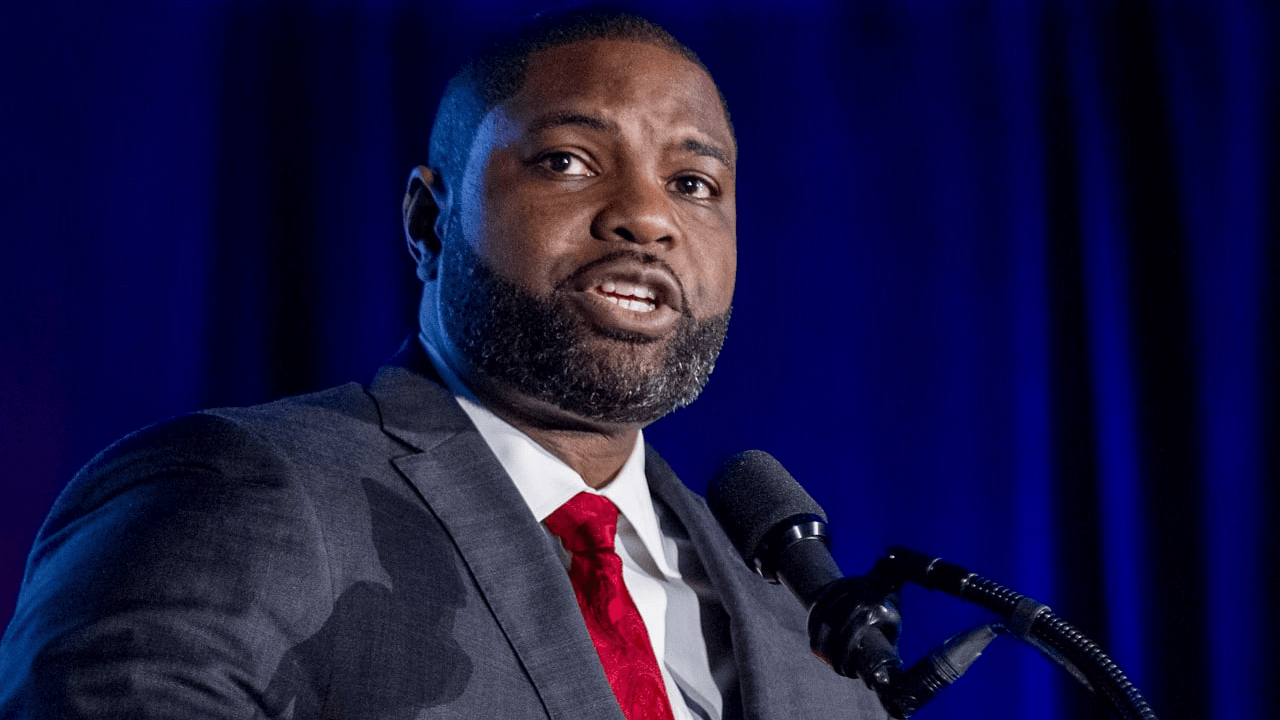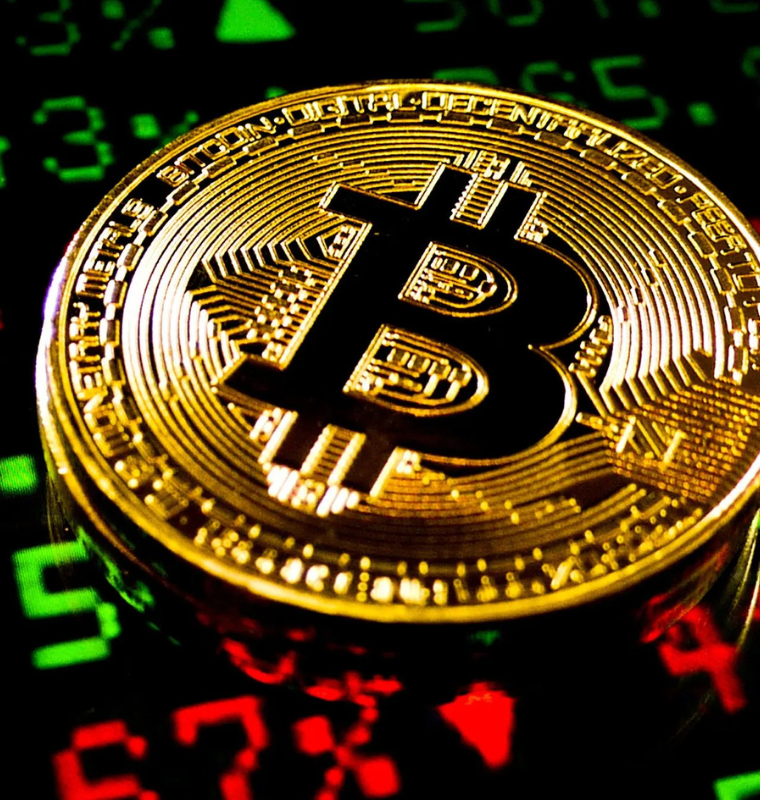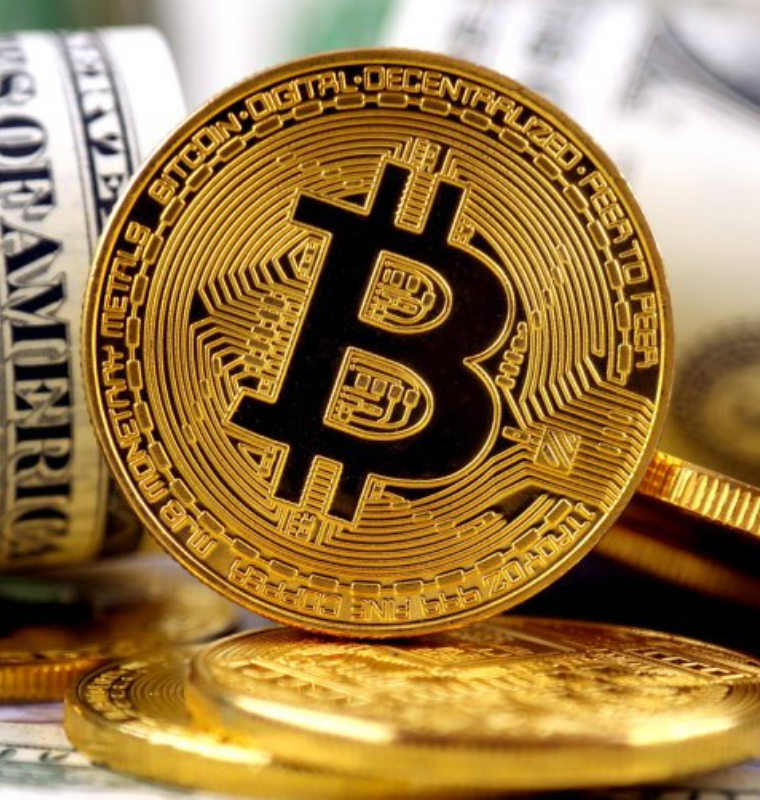U.S. Lawmakers Explore Creation of a National Bitcoin Reserve
U.S. Lawmakers Explore Creation of a National Bitcoin Reserve
By
David Goldfarb
Last updated:
September 17, 2025
First Published:
September 17, 2025

Photo: Bitcoin.com News
The idea of a national bitcoin reserve is moving from speculation into serious discussion as U.S. lawmakers and key industry leaders debate its potential benefits. At a recent roundtable in Washington, influential figures from the cryptocurrency space joined policymakers to consider what a reserve of digital assets could mean for the future of American finance.
Bitcoin as a strategic asset
Supporters argue that bitcoin has matured beyond its experimental origins and now serves as a global store of value. Establishing a national reserve would place the U.S. at the forefront of financial innovation while protecting the dollar’s long term strength in a rapidly digitalizing economy.
Motivations behind the proposal
Concerns over inflation, global monetary competition, and the growing role of digital currencies are fueling interest in the reserve concept. With other countries exploring central bank digital assets, advocates believe a bitcoin reserve would demonstrate leadership while ensuring that the U.S. economy remains resilient.
Political and economic debates
The proposal is far from universally accepted. Critics warn that allocating taxpayer resources to acquire a volatile asset could expose the government to significant financial risk. Others question whether such a move might conflict with existing monetary policies or central bank independence.
Institutional influence
Industry leaders see the proposal as validation of bitcoin’s legitimacy. If adopted, a national reserve would send a powerful message to global investors and institutions, signaling that digital assets are no longer on the fringes but are being integrated into official economic planning.
Impact on global markets
If the U.S. were to accumulate large amounts of bitcoin, it could influence both supply and demand dynamics worldwide. Analysts predict that the announcement alone would boost market confidence, while the actual purchases could trigger a sharp increase in value as scarcity intensifies.
Security considerations
Safeguarding such a reserve presents unique challenges. Unlike gold, which is physically stored, bitcoin requires digital infrastructure with advanced cybersecurity measures. Ensuring that the reserve cannot be compromised by external actors will be central to the debate.
A test for regulation
The discussion of a national bitcoin reserve also highlights the broader need for clear regulatory frameworks. Before such a reserve could exist, lawmakers would have to define how digital assets are classified, monitored, and secured within the federal system.
International reactions
Other nations will be watching closely. Should the U.S. pursue this strategy, it may inspire rival economies to build their own reserves. This could accelerate a global race toward digital asset accumulation, reshaping how reserves are managed across the world.
Looking forward
The idea of a national bitcoin reserve remains at an early stage, but its consideration by lawmakers reflects how far the cryptocurrency industry has come. What was once dismissed as speculative is now part of national financial debate. Whether the plan materializes or not, the conversation itself signals a profound shift in the way digital assets are perceived in the highest circles of power.
Popular articles
Subscribe to unlock premium content
Disney’s Timeless Magic and How the Entertainment Giant Continues to Shape Culture and Innovation

Imran Khan’s Economic Missteps Amid Political Chaos in Pakistan

The Philippines’ Digital Shift How Remittances and BPO Are Fueling Growth

Disney’s Timeless Magic and How the Entertainment Giant Continues to Shape Culture and Innovation

Imran Khan’s Economic Missteps Amid Political Chaos in Pakistan

Disney’s Timeless Magic and How the Entertainment Giant Continues to Shape Culture and Innovation









